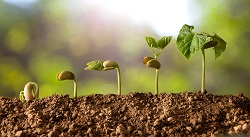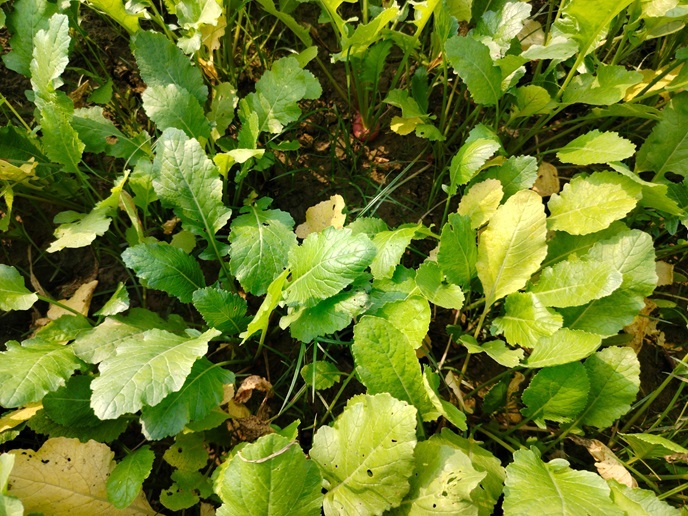The impact of environmental stress on plant seed quality
‘Despite seeds’ pivotal importance for agricultural productivity and ecosystem preservation, there is still much we don’t know about the role played by the environment on seed development and storage, and most importantly on how it affects quality,’ said Prof Ilse Kranner, Head of the University of Innsbruck’s Institute of Botany, back in 2014. Specialised in plant stress response, in particular in extreme environmental conditions, Prof Kranner was then presented with a one-of-a-kind opportunity in the ECOSEED project: a consortium bringing together 11 partners with well-established track records in seed biology and converging sciences from Austria, the UK, Germany, France and Spain – with the sole purpose of exploring seed fate under environmental stress. The first step consisted in providing a definition for ‘seed quality’: ‘Seed quality was defined as “the sum of all seed traits that are acquired from the time of seed development on the mother plant to seed germination”,’ Prof Kranner explains. ‘The quality traits we investigated include seed viability, vigour, dormancy, longevity and ageing, as well as other markers important for seed traders such as the “1000 seed weight” and the seed number per plant.’ Four crop plants were identified as excellent candidates for the research: Arabidopsis, or thale cress, because of the high amount of scientific data already available; Brassica oleracea for its representativeness of vegetable crops; barley because of its importance for worldwide agriculture and sunflower for its status of second most important oil crop (after rapeseed) in the EU. The plants were grown under stressful conditions that are expected to increase due to climate change, namely elevated temperature and drought. The consortium considered all stages of these seeds’ life cycle: while still on the mother plant, during storage and during germination. ‘We applied state-of-the-art scientific techniques to identify important molecular regulatory pathways and key cellular switches that mediate seed environmental sensing and signalling, along with their importance for downstream seed quality and seedling establishment,’ Prof Kranner explains. Once this was done, the team was able to identify genes and technologies contributing to the prediction of seed quality. This knowledge was then translated to wild species, and was fed into a model for seed quality trait dependency on environmental factors. ‘The markers of seed quality could help with the regular monitoring of the quality of seeds in storage, also providing a better basis for the use of genetic material of wild plants, to the benefit of agriculture and conservation,’ Prof Kranner enthuses. ‘Seed quality is an important determinant for the potential of prolonged dry storage, a trait that is not only important for plant conservation in seed banks but that also underpins the international agricultural seed trade worth an estimated $42 billion.’ Besides these markers, ECOSEED also provided guidelines for improved seed handling through ISTA (the International Seed Testing Association), including recommendations on the seed trade and conservation for seed harvest and storage to improve breeding, crop management and conservation activities. ‘We hope that our results will benefit plant conservation and agriculture alike. From a more scientific standpoint, we believe that our results made a step-change in our understanding of seed performance in a changing environment.’ Meanwhile, the consortium is considering the possibility of further EU-funded projects such as an Initial Training Network (ITN) through Marie Skłodowska-Curie actions. Bilateral project applications are expected between various ECOSEED partners, if and when calls for funding are announced by their respective national research councils.







